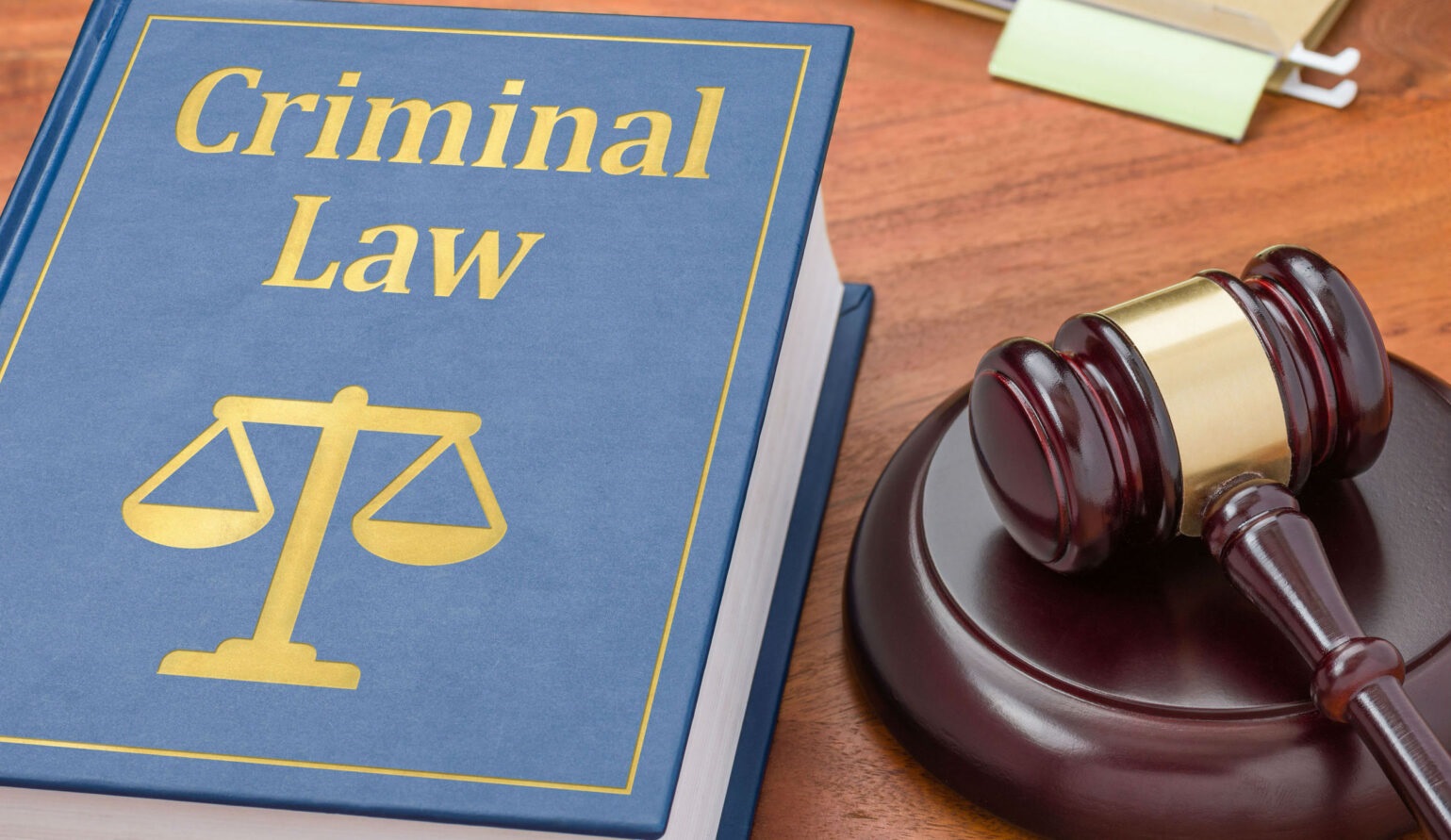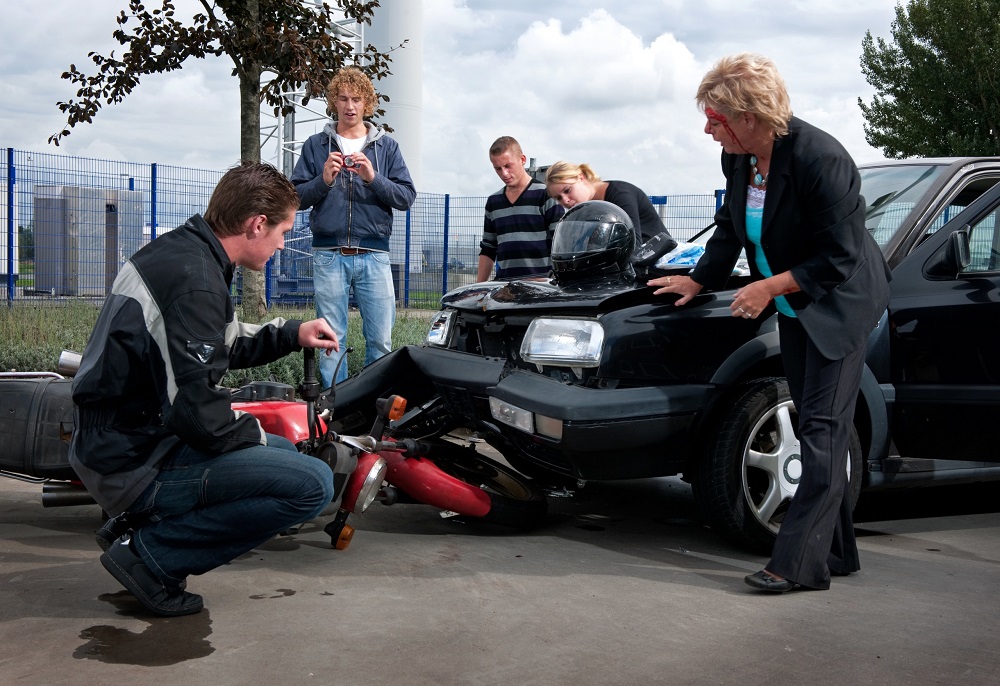Large class action lawsuits involving product liability have the potential to yield substantial monetary compensation. One notable example is the recent $200 million payout from Hyundai and Kia, as reported by The Sun This article explores the process behind class action lawsuits for products and highlights the role of a mechanical patent expert witness.
The Process of a Class Action Lawsuit
-
Identifying Potential Plaintiffs:
The first step in a class action lawsuit is identifying individuals who have been affected by a defective product. These individuals often share a common set of circumstances, such as using the same product and experiencing similar damages or injuries.
-
Filing the Lawsuit:
Once potential plaintiffs have been identified, a lead plaintiff or a group of plaintiffs file a lawsuit against the manufacturer or distributor of the defective product. This initiates the legal proceedings.
-
Certification of Class:
The court must determine whether the case meets the requirements for class action certification. This involves evaluating factors such as the size of the class, common issues of law or fact, and whether a class action is the most efficient way to handle the case.
-
Notification of Class Members:
If the class is certified, all potential class members must be notified about the lawsuit. This allows individuals to join the class or opt-out if they wish to pursue their own legal action.
-
Discovery and Evidence Gathering:
Both the defense and prosecution engage in a process called discovery, where they gather evidence, interview witnesses, and exchange relevant information. This step is crucial for building a strong case.
-
Expert Witness Testimony:
During a class action lawsuit involving product liability, hiring an expert witness is common. One crucial type of expert witness in such cases is a mechanical patent expert witness. These professionals specialize in mechanical engineering and patent law. They provide their expertise and opinions on the product’s design, functionality, potential defects, and any patent infringement claims.
-
Settlement or Trial:
After the discovery phase, parties involved in the class action lawsuit may choose to reach a settlement agreement. If a settlement is not reached, the case proceeds to trial. The court then evaluates the evidence and arguments presented by both sides and makes a judgment.
The Role of a Mechanical Patent Expert Witness
In class action lawsuits, both the defense and prosecution often retain their own mechanical patent expert witness. These experts have a deep understanding of mechanical engineering principles, manufacturing processes, and patent law. Their role is to examine the product in question, evaluate its design and functionality, identify potential defects or flaws, and determine if any patent infringement occurred.
Mechanical patent expert witnesses provide professional opinions based on their extensive knowledge and experience. They may analyze technical drawings, review manufacturing processes, conduct tests, and assess compliance with industry standards. Their expert testimony helps the court and the jury understand complex technical aspects related to the product, aiding in the determination of liability and potential damages.
Conclusion
Product class action lawsuits can result in significant financial settlements for plaintiffs. The process involves several stages, including the hiring of expert witnesses such as mechanical patent experts. These professionals play a crucial role in evaluating the product’s design, functionality, and potential patent infringement. Their expertise assists in determining liability and reaching fair outcomes in class action lawsuits. As the legal system continues to address product-related issues, the involvement of mechanical patent expert witnesses remains essential in ensuring justice for consumers.




